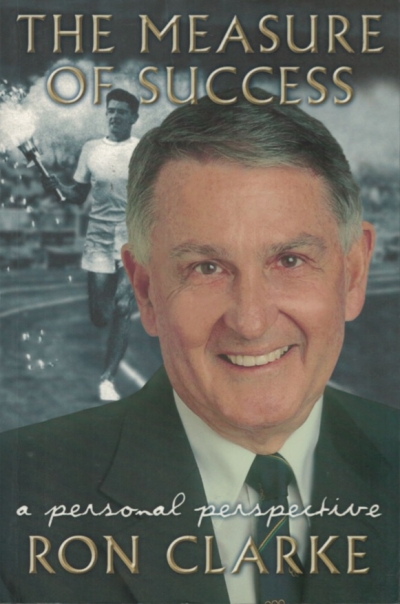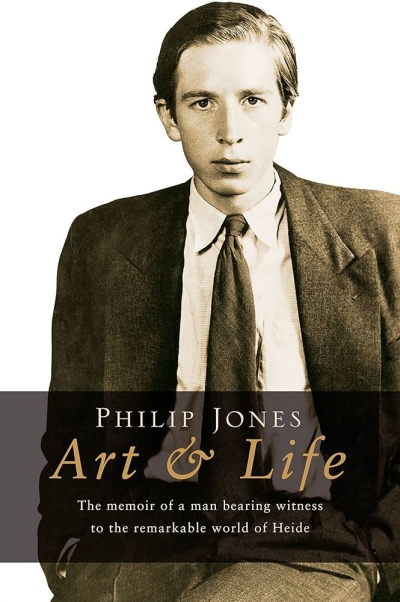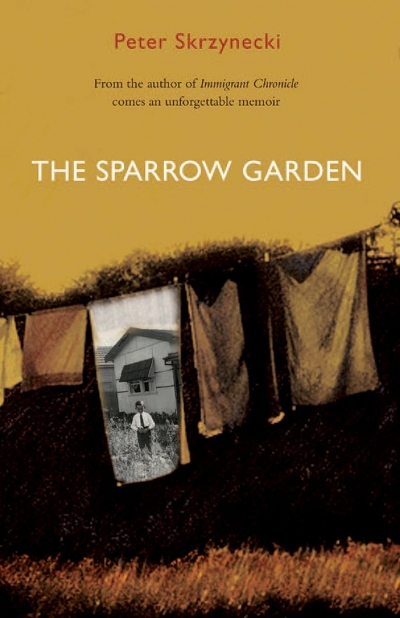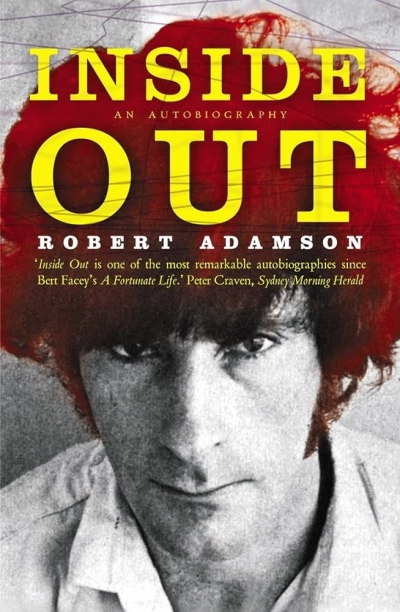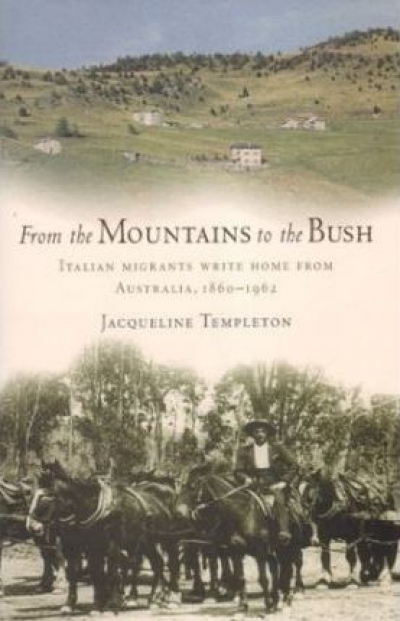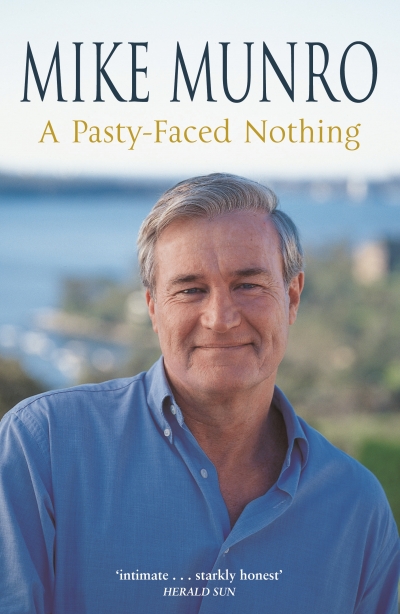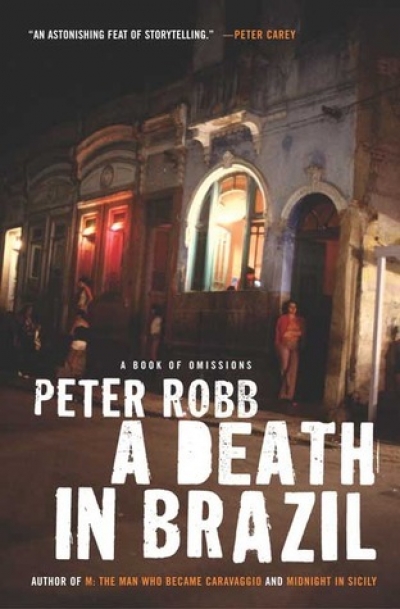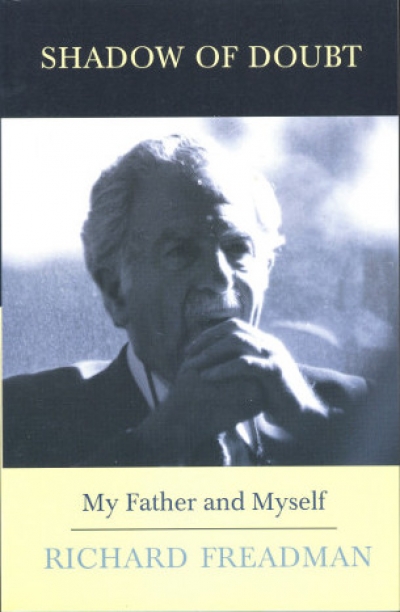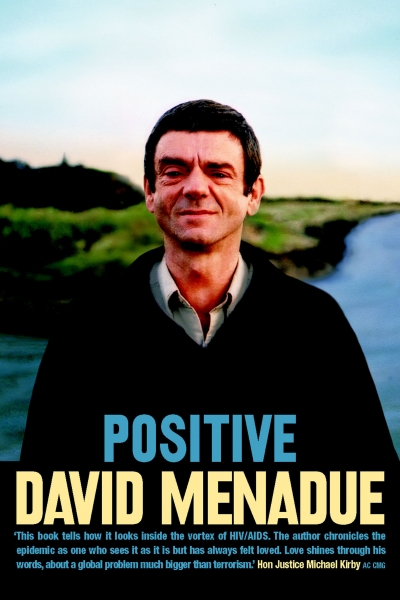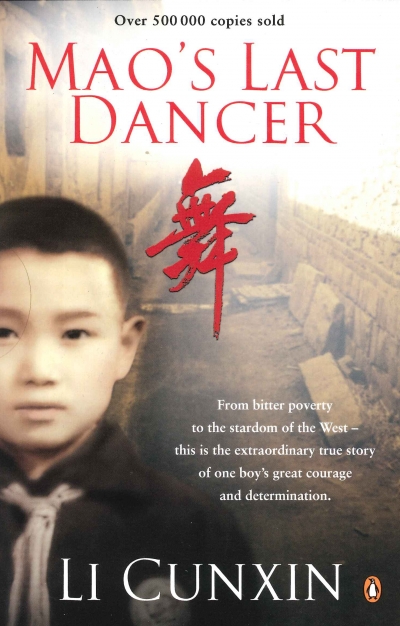Memoir
The Measure of Success by Ron Clarke & Cathy by Cathy Freeman (with Scott Gullan)
by Bill Murray •
From the Mountains to the Bush: Italian immigrants write home from Australia by Jacqueline Templeton, edited by John Lack and assisted by Gioconda di Lorenzo
by John Thompson •
A Death in Brazil: A book of omissions by Peter Robb
by Rowan Ireland •
Shadow of Doubt: My Father and Myself by Richard Freadman
by Peter Rose •

